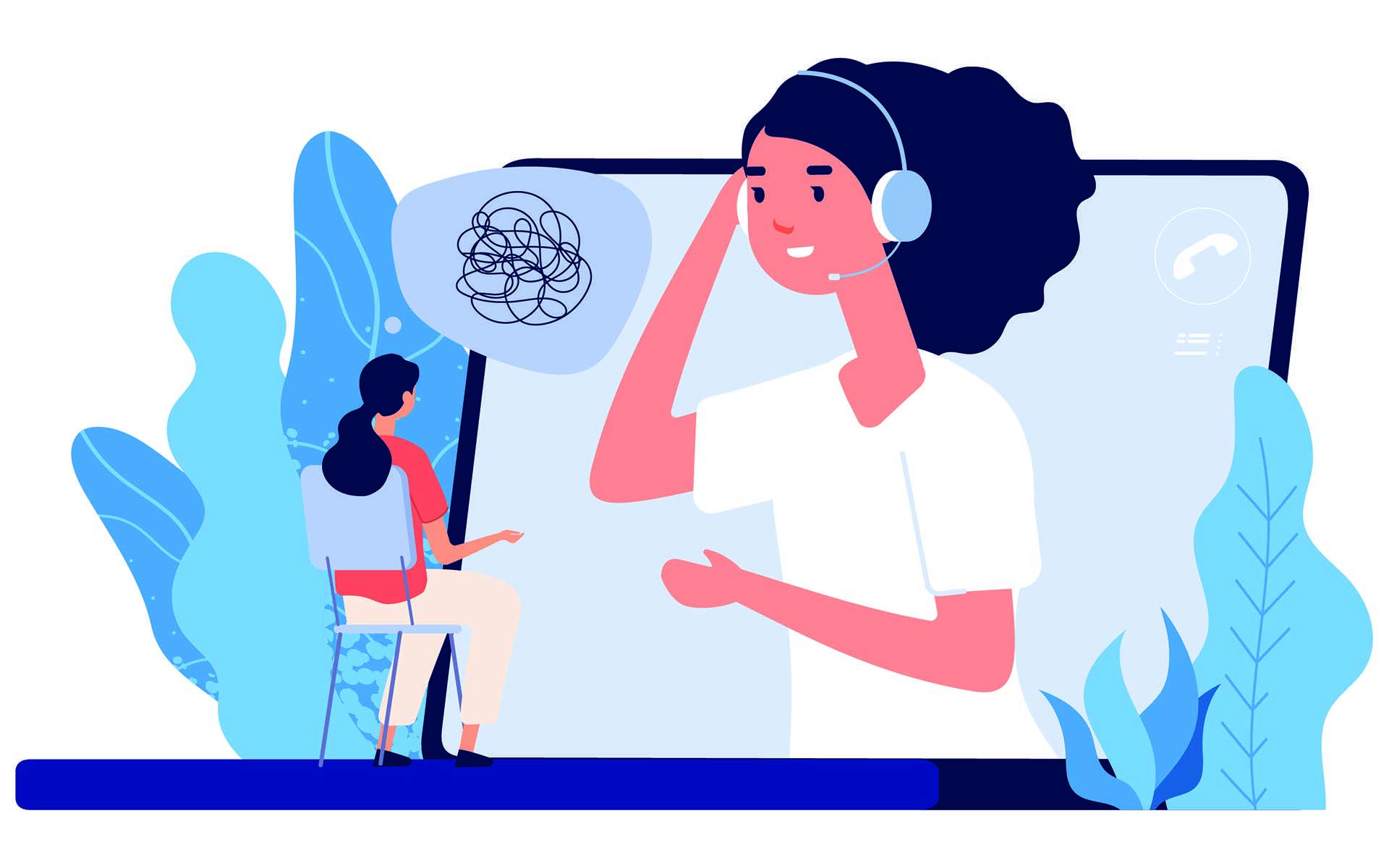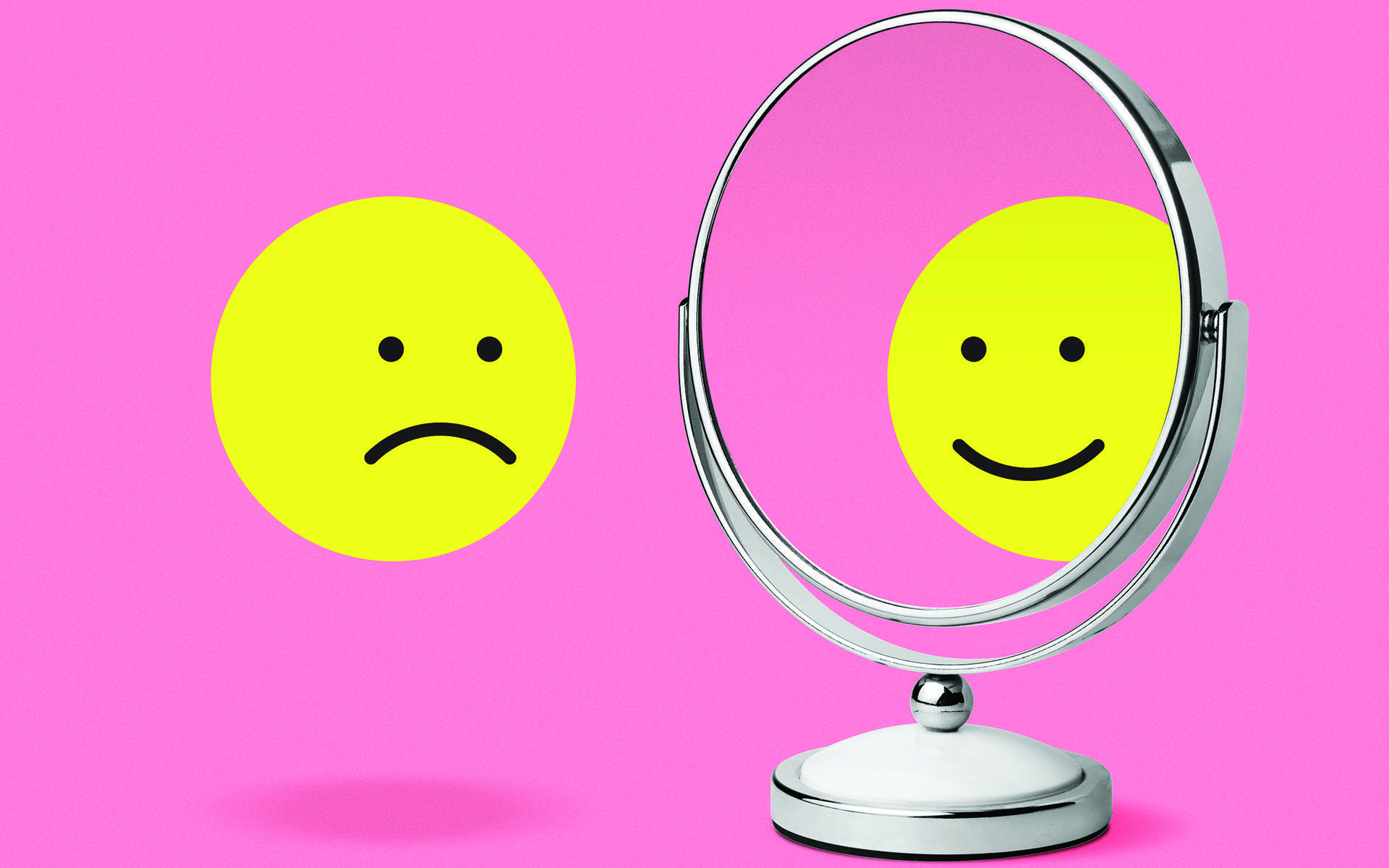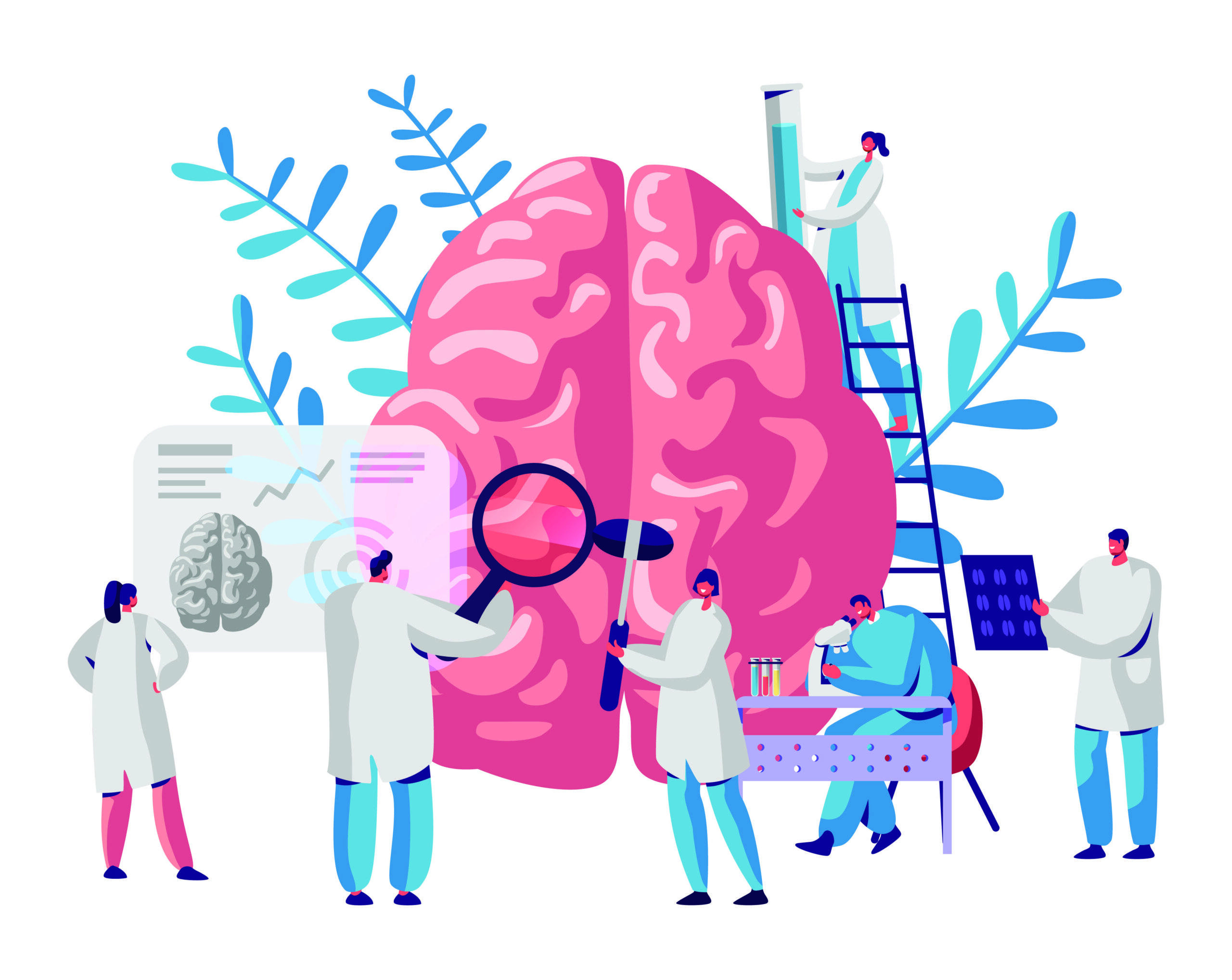Research from École polytechnique fédérale de Lausanne, University of Toronto Scarborough, University of Colorado Boulder, Carnegie Mellon University, and others
Fighting Inflammation
Chronic stress increases inflammation, upping our risk of many chronic diseases. Two studies find that mindfulness practice may lower this risk in those most vulnerable to stress: midlife-to-older adults, and those with a body mass index (BMI) of 25 or more.
In the first study, 153 stressed adults attended one of three groups: Monitor+Accept; Monitor Only; or a Stress Management education control group. Participants provided blood samples before and after training to test for changes in C-Reactive Protein (CRP), a commonly measured biomarker of inflammation. After two weeks of listening to recorded mindfulness practices, there were no differences in CRP among the groups.
In a follow-up study, 137 new adults attended either an in-person Monitor+Accept group or a Monitor Only group (both based on Mindfulness-Based Stress Reduction), or a no-training control group. Again, participants in the MBSR groups showed little change in blood CRP levels compared to controls.
Researchers then investigated whether people who tend to have higher CRP, adults over age 45 and those with a BMI of 25 or more, might react differently to treatment. They found that older adults in both control groups had higher levels of CRP compared to the mindfulness groups. For those with a BMI of 25 or more, both mindfulness groups showed lower CRP following training than the control group. This suggests mindfulness meditation programs may positively affect biomarkers of stress for those most vulnerable to its effects.
Online Mindfulness for Depression
Mindfulness-Based Cognitive Therapy (MBCT) has been shown to help prevent a depression relapse, but for many, in-person treatment isn’t within reach. The digital program Mindful Mood Balance (MMB) was created to deliver MBCT online, making it more accessible. For this study assessing MMB’s impact, researchers randomly assigned 460 adults with a history of depression to receive either conventional depression treatment alone, or a combination of conventional treatment plus MMB.
MBB’s eight self-led online sessions emphasize how to detach from habitual thoughts to prevent spiraling into depressive rumination. Each session combines mindfulness practice with video-based learning. Members of both groups completed questionnaires about their depression and anxiety symptoms before and during treatment, then again one year later.
After 12 weeks, the MBB group reported less anxiety, more depression-free days, and better overall function than those who only received conventional therapy alone. Participation rates in MBB were lower than expected, suggesting that online therapy may not be for everyone.
Breathing and Free Will
A groundbreaking study reveals you’re more likely to make decisions involving free will while exhaling than inhaling. To see whether breathing influences choice, scientists at the École polytechnique fédérale de Lausanne in Switzerland conducted three computerized experiments. During each, participants’ brain and heart activity and respiration were measured and paired with test performance.
In the first trial, 20 adults pressed a button on a keypad three times every 8-12 seconds. In the second test, a different group of people viewed a red dot going around in a circle and were asked to push a button after the dot had circled once. That group was also asked to watch a red dot and press a button when a green dot occurred, in a third experiment.
The researchers found people were more likely to initiate voluntary movements while exhaling, suggesting our ability to freely make decisions may be affected by input from the body as well as the brain. This challenges a long-standing theory of “readiness potential,” which holds that decision-making is largely determined by brain signals alone.
Read MoreHow Much Self-Knowledge is Too Much?
Sharon Begley explores the science of self-insight and the research on how much you should know about yourself before it becomes detrimental to your health.
Read More
New Research on Mindfulness and Meditation: Winter 2020
New research explores the role of mindfulness in emotion processing, biological stress, elementary school classrooms, and more.
Read More










